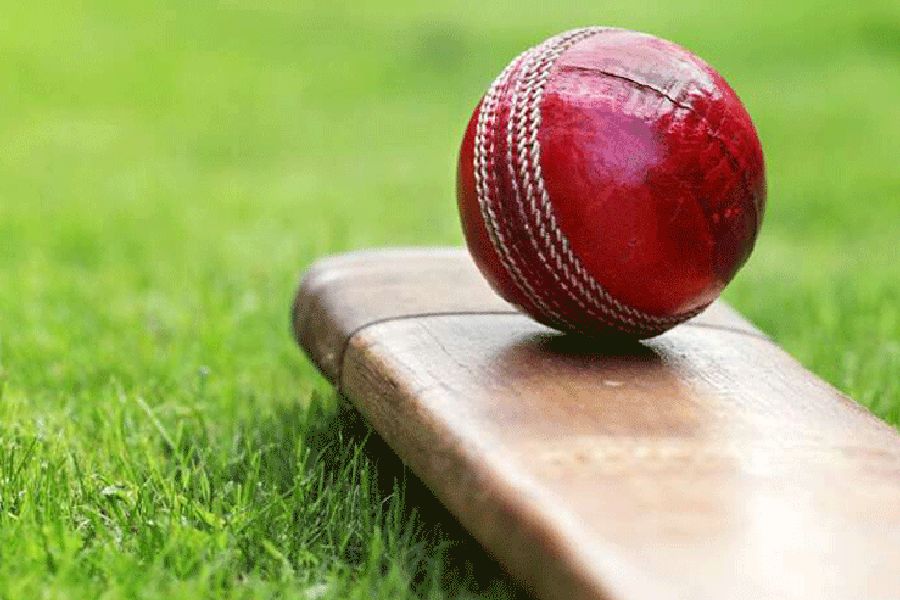The BCCI's share of USD 230 million from the ICC's annual revenue will get approval from the global body during its annual board meeting in Durban where it will also discuss ODIs' future and capping on participation in T20 leagues.
The members are also expected to get an update on preparations with regards to the ICC T20 World Cup in the West Indies and United States next year.
Revenue Model ========= One of the topics on agenda is the revenue distribution model and while India's neighbours Pakistan had some issues with the country getting the lion's share of 38.5 percent (USD 230 million annually) from ICC's annual revenue of USD 600 million for the period between 2024-2027, it is understood that it will get the board's approval without any fuss.
The all-powerful Financial & Commercial Affairs (F&CA) committee will give an approval and the rest will be a formality at the Board of Directors meeting.
"Look, if one tries to go by percentages, the revenue distribution might look unfair with India getting 38.5 percent and ECB getting 6.89 and Cricket Australia receiving 6.25 percent. One should look at from the quantum of revenue angle.
"Every member association is getting way more significantly compared to what they got over last eight years," an ICC board member tod PTI ahead of the series of meetings scheduled over the coming week.
"So ECB makes a leap from USD 16 million to USD 41 million while associate nation's pot increases from USD 22 million to USD 67 million.
"The percentages are calculated based on the contribution to the game through cricket (rankings), performance (at ICC events) and commercial (media rights revenues and viewership), so it's based on what they are contributing to the overall health of the game," he said.
So does the other member nations find the distribution unequal, he retorted, "The question of inequality doesn't arise as the volume of revenue has increased. So it's not that BCCI is taking more money from the same amount of revenue." Future of bilateral ODIs in post 2027 FTP cycle ============================= While no concrete decision will be taken at the Durban meeting, the future of bilateral ODI series looks bleak, as the member nations sit down to chalk out the five-year calendar between 2028-32.
Apart from marquee ICC events like the World Cup and the Champions Trophy, only countries like India can still draw a sell-out crowd for a 50-over match. With the advent of T20 cricket and a global tournament happening every two years along with leagues round the year, one can't be very certain about the future of five-match or three-match bilateral series.
"Even potential broadcasters want the focus to be on big ticket Test series and T20 series. The seven-hour ODIs and the inconsequential bilateral events are no longer money spinners. The member nations need to deliberate hard on that aspect," another ICC board member said.
"Case in point was a 50-over series between England and Australia right after the T20 World Cup last year. Very few remember what happened. The recall value of bilateral ODIs is becoming lesser," he added.
Restrictions on number of T20 leagues that one can play ================================== There is a growing concern among various member nations about the increase in number of franchise-based T20 leagues across the world and the members are supposed to deliberate over whether it will be feasible to put a cap on a player's participation in the number of leagues that one can ply his trade on.
While the Indian board is sorted as it doesn't allow its current players to play in any other league apart from the IPL, and will soon put a cooling-off cap on even retired players from playing abroad, it won't be an easy matter to deal with for some of the other boards.
Trent Boult has already opted out of Nw Zealand's central contract and ditto for Jason Roy of England. There could be more such cases in future where players would be given annual contract by some of the Indian T20 franchises which now own multiple teams across the globe in various leagues like CPL, MLC, UAET20 and SA T20.
The solution is not straightforward. There will be discussions but, in India, the BCCI is so powerful that even retired cricketers will have to adhere to the cooling-off period.
But can the boards in England, Australia or New Zealand stop specialist T20 players from calling it quits if there's a sanction. Can Cricket West Indies even think on those lines? Because, then, the question of a player's legal right to earn comes into discussion? If some members are to be believed status quo will be maintained.
Itinerary Monday: Associate member nations meeting; Tuesday: Chief Executives Meet; Wednesday: Financial & Commercial Affairs (F&CA), Thursday: Board of Directors Meeting and AGM.
Except for the headline, this story has not been edited by The Telegraph Online staff and has been published from a syndicated feed.











